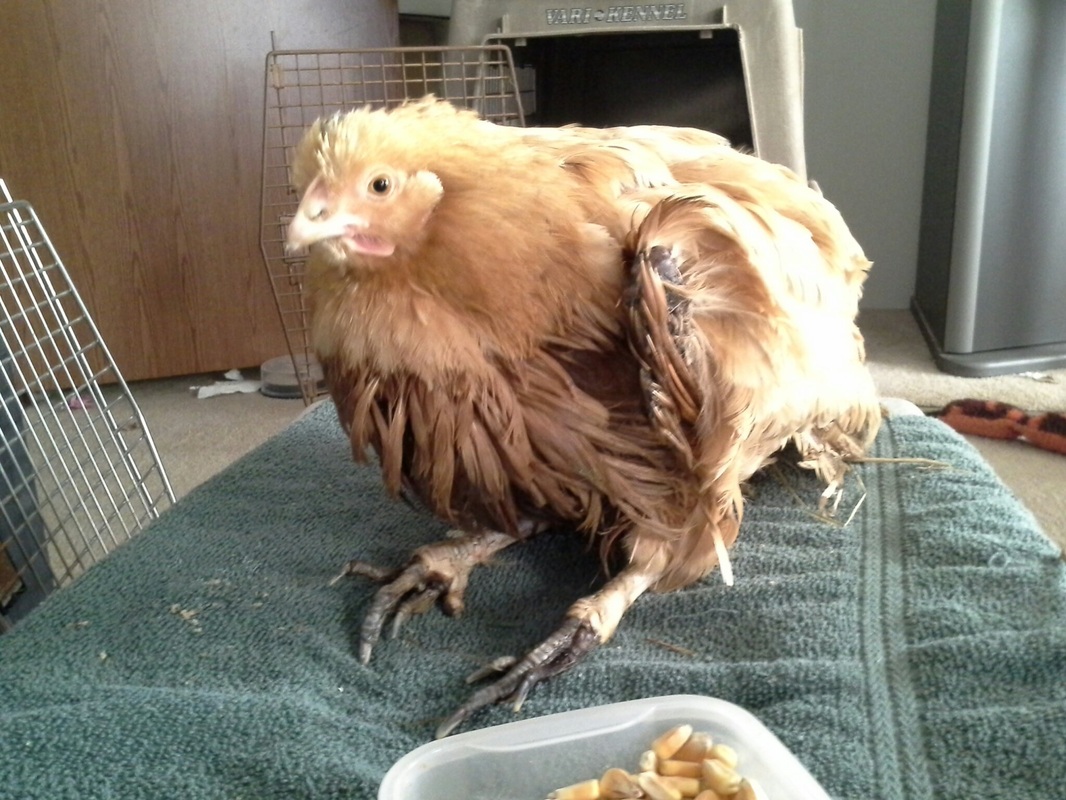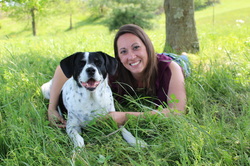Winter is a season of dehydration. Pipes freeze, troughs and ponds turn solid, hoses are useless, and everywhere the wind sucks moisture out of skin and air and falling water. We are buried in snow, a pleasant reprieve for a day or two. Then cabin fever sets in, and with it...ice. A quarter inch of ice weighs enough to fell trees, bow power lines to the ground, collapse roofs, topple utility poles. That sparkling crust is hard enough to withstand Tucker's weight as he runs, to prevent smaller animals from leaving tracks, and to make every commute or "French Toast" run, as K calls it (the standard eggs, bread, and milk apocalypse avoidance kit) a death-defying act of pioneering.
Winter on the farm has an allure the first time. The intrepid farmer battling the elements to arrive at a Bethlahemesque barn, where (s)he can commune with grateful livestock in the comfort of their shared warmth.... As always, the realities are, like winter, much harsher than anticipated. Trough and bucket heaters fail, so water must be carried by bucket from the house, on foot if one doesn't have 4wd. Animals get sick and injured. Food runs scarce. Farmers slip and fall. Animals must be dug out of barns or snow drifts. Ice must be curried off horses. Pastures freeze, the brown grass reserves turn brittle and break on rare days above freezing. Then hooves churn the snow and dead grass into mud swills, creeks and rivers flood, and the purity of winter is sullied by a glut of dirt and poop and leftover food.
Zeke is having the hardest time surviving winter. He's stir-crazy being cooped up day and night. He worries about his sheep, and I can't let him outside off leash without having to drag him from the pasture, where he watches their every move. Inside he harrasses the cats (who are smart enough to stay inside, frustrated and cranky), and the old dogs (who are content to sleep).
Tucker and Champagne require aspirin for their arthritis. I know which days they need it because I can feel it too. Outdoors the three of us navigate the ice pack like children pretending the floor is made of lava; keenly aware that each step could have a painful end we test the footing before committing our weight. I have the advantage of opposible thumbs when mounting the deck stairs.
We are feeding the neighborhood fauna. Rabbit pellets abound where the sheeps' alfalfa hay is stored, and the horses ran through 1,000lb hay bale in a matter of days with the help of local deer. Each morning wild birds flock to the bread, seed, and corn laid out for the turkeys, chickens, and ducks. Though it's costing me, I don't really mind. We're all in this together.
The horses lost their favorite tree to ice yesterday. It broke at the ground and smashed the fenceline. Bullet is quite put out. I'm glad they have to move into the cedars, which provide a much better windblock. The fallen tree is far too big to drag off (it was 40+ ft tall) and we don't have a working chainsaw. The idea of a hedgerow, a living fence, has been bandied about for some time now and this seems as good a start as any. By spring rabbits, snakes, mice, skunks, and birds will have moved into the cover of its branches and I see no reason to evict them. Even lying on the ground the canopy is too high and dense for Bullet to jump. Penny could probably clear it if she had a mind to.
Bean has the luxury of snowgazing from her penthouse in my bedroom. The eggs didn't hatch, not for lack of mothering. She had a bath last night. This morning when I changed her bedding her wing fell off in my hand. Let me repeat...Bean's wing fell off. In my hand. It was shocking and gross, like watching a real life leper. The blackened appendage with golden feathers still attached brought to mind last week's Superbowl snacks. You know what I mean. I may never eat them again. Bean didn't seem bothered by this turn of events. She'll lose her toes, the top of her comb, and the other wing as well. I know these parts are dead, but frostbite continues to horrify me. I can't fathom the pain she must have gone through! Since my winter of homelessness a decade ago I experience cold more acutely than those around me. Once I get chilled, especially in my hands, it takes a long time to warm up. Bean shivers after a warm bath. One day, thinking she must desire a breath of fresh air, I took her outside. It was about 36 degrees. I know, I'm cruel. I had the wrong type of empathy in mind. Everything about her seemed to express a silent scream. With spring around some invisible corner I wonder what to do with her. Would it have been kinder to put her down? Bean displays an amazing will to survive and an amiable comeraderie that I wouldn't have noticed otherwise. Then again, she lacks the common sense to take care of herself...but so do I. She is resilient and adaptable. Like a victim of stroke or neurological damage, she has to relearn what was formerly instinctive - how to balance, how to walk, what her differently abled body feels like and how it functions. I'm afraid to put her in the coop for fear the other birds will peck her to death. She can't run; if she were to free range she'd be hawk fodder. She'll need a sweater (yes, I will knit a chicken sweater) for cool nights and a heat lamp for cold days. I'm considering putting her in with the ducks. Did I do the right thing? Anyone who wants to live this badly deserves all the chance she can get...right?
Winter is, in its coldest, darkest heart, the season of compassion. All creatures huddle together. People are kinder, more patient, more considerate in their processes. Like bees, we hibernate in the squalor of hive bound activity, emerging when the sun does to test for signs of spring...and to make French Toast runs.
Stay warm and well.


 RSS Feed
RSS Feed
